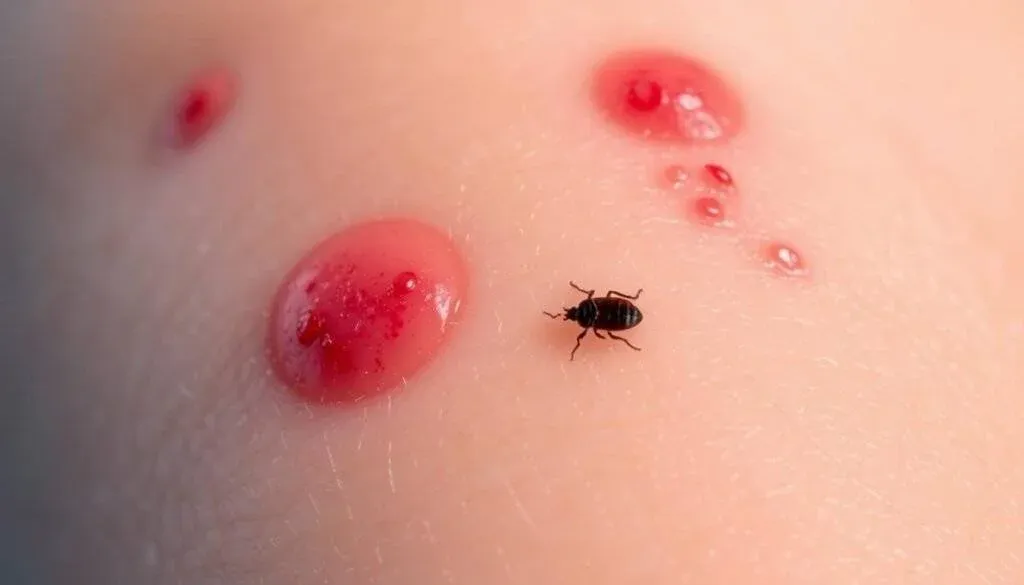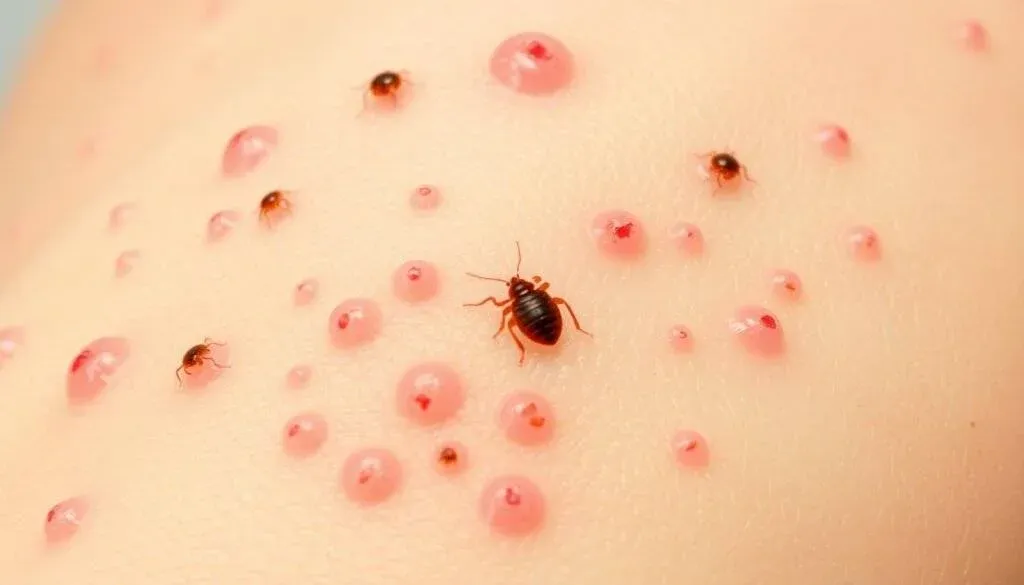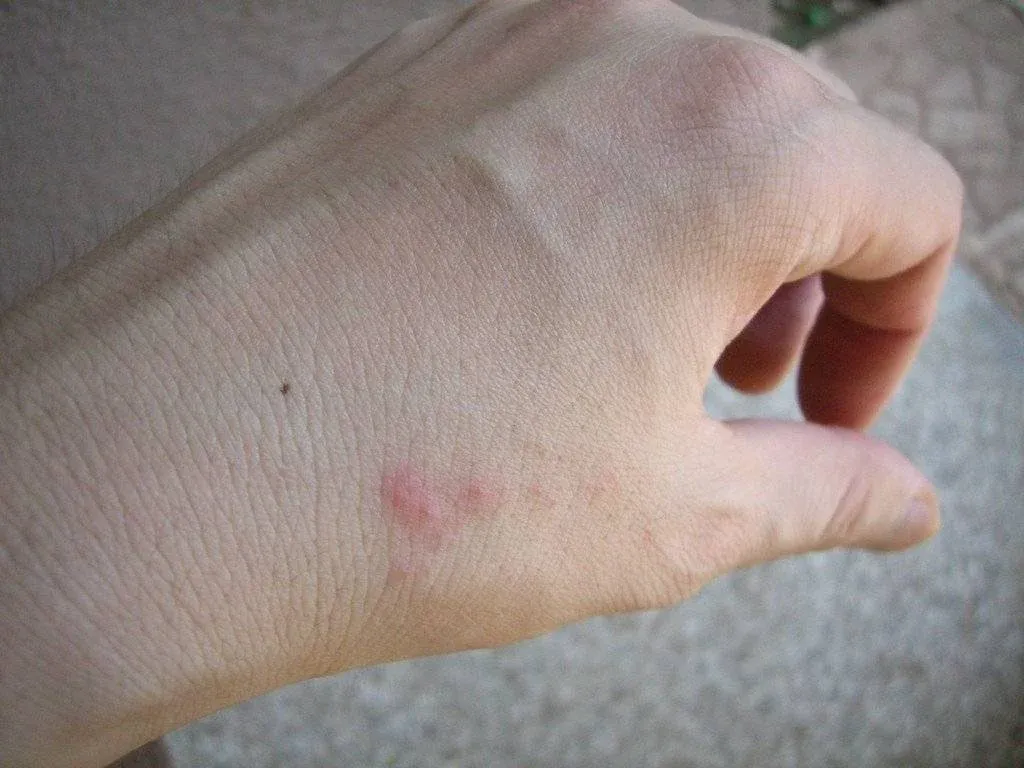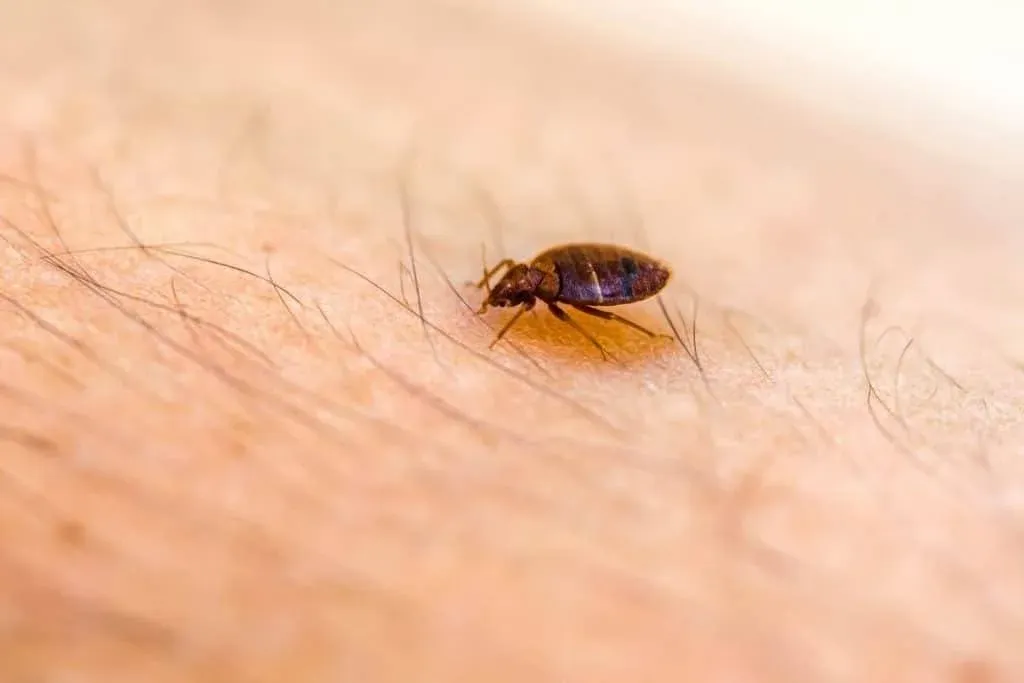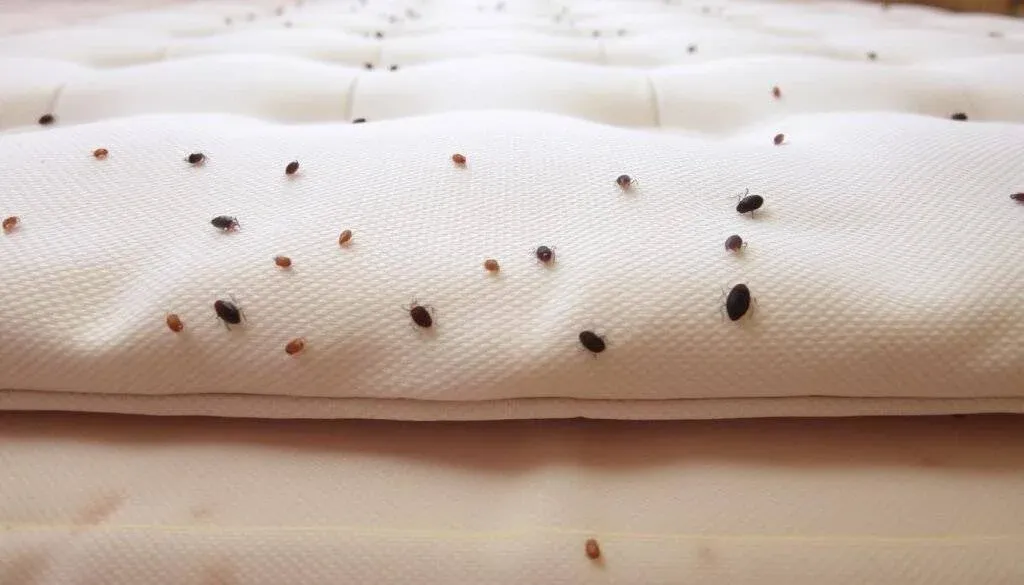| Author | Dr. Alex Thorne |
| Credentials | Board-Certified Entomologist and Clinical Toxicologist |
| Author Bio | Dr. Thorne specializes in venom research and emergency first aid. |
| Medically Reviewed By | Dr. Elara Vance, M.D., F.A.C.E.P. (Board Certified Emergency Medicine) on October 25, 2025. |
| 🔑 Key Takeaways |
| Most bug bites cause mild, temporary swelling and itching that resolves with home care. You must seek medical attention immediately if symptoms are systemic (affecting the whole body) or show signs of a spreading infection. The two primary categories of emergency are Anaphylaxis (allergic shock) and Cellulitis (bacterial infection). Call 911 (or your local emergency number) immediately for any sign of breathing difficulty or collapse. |
Seek Emergency Care (Call 911 NOW)
These symptoms indicate a severe allergic reaction (Anaphylaxis) or severe systemic toxicity (venom/disease). These require immediate stabilization with Epinephrine and other medications.
| # | Warning Sign | Danger/Symptom |
| 1. | Difficulty Breathing | Wheezing, gasping, tightness in the throat, or a sudden change in voice/hoarseness. |
| 2. | Facial/Throat Swelling | Swelling of the lips, tongue, or throat, which can compromise the airway. |
| 3. | Systemic Collapse | Dizziness, sudden weakness, fainting, rapid or weak pulse, or confusion. |
| 4. | Widespread Hives/Vomiting | Hives, rash, or itching appearing all over the body (away from the bite), accompanied by severe vomiting, diarrhea, or abdominal cramping. |
Note on Venomous Bites
Seek immediate care for known stings from Black Widow spiders, Bark Scorpions, or severe reactions from Box Jellyfish, as the venom can cause dangerous muscle spasms or affect the nervous system.
2. See a Doctor Urgently (Within 24 Hours)
These signs usually indicate a localized complication—a serious bacterial infection (Cellulitis) or the transmission of a disease.
| # | Warning Sign | Danger/Symptom |
| 5. | Spreading Infection (Cellulitis) | The area around the bite is intensely warm or hot to the touch, rapidly spreading redness, or has red streaks radiating from the site. |
| 6. | Fever or Pus | Fever ($100.4^\circ \text{F}$ or $38^\circ \text{C}$ or higher), chills, or the bite is draining pus (yellow/cloudy discharge). |
| 7. | Disease Rash / Persistent Symptoms | A rash that looks like a bull’s-eye or target pattern (sign of Lyme disease after a tick bite), or severe symptoms that do not improve after 7–10 days of consistent home treatment. |
3. What to Do While Waiting for Help
If a severe reaction (Signs 1–4) occurs:
- Administer Epinephrine immediately if the victim has a prescribed auto-injector (EpiPen).
- Do NOT Allow Walking if the victim is dizzy or weak; keep them lying down to avoid worsening shock.
For severe symptoms and guidance on allergic reactions, consult the Mayo Clinic’s First Aid section on Insect Bites and Stings.
FAQs About When to See a Doctor for a Bug Bite
1. When should I worry about a bug bite?
If it becomes red, swollen, or painful beyond 48 hours, or if you develop fever or spreading redness, see a doctor.
2. Can bug bites cause infections?
Yes, bacteria can enter through broken skin, leading to cellulitis or abscess formation.
3. What does an infected bug bite look like?
It may appear red, swollen, warm, and may ooze pus or have a yellow crust.
4. How do I treat a normal bug bite at home?
Wash with soap and water, apply ice, and use calamine or hydrocortisone cream for relief.
5. Are allergic reactions to bug bites dangerous?
Mild allergies cause itching or redness, but severe reactions like throat swelling or dizziness require emergency care.
6. Should I pop or squeeze a bug bite blister?
No. This can spread bacteria and worsen infection. Let it heal naturally.
7. How long should a bug bite take to heal?
Most heal within 3–7 days. If not, or if symptoms worsen, consult your doctor.
Final Thoughts
Most insect bites are harmless and heal on their own. However, in some cases, a bite that starts as a small red bump can quickly turn into a serious infection or allergic reaction. Knowing when to see a doctor for a bug bite can help you avoid medical complications and ensure fast, proper treatment.
Common bug bites from mosquitoes, ants, fleas, spiders, or bees usually cause mild itching, redness, or swelling. But if the symptoms worsen or your body reacts abnormally, it’s a sign that something more serious is happening beneath the skin. Here are seven key warning signs that indicate it’s time to seek medical attention right away.


